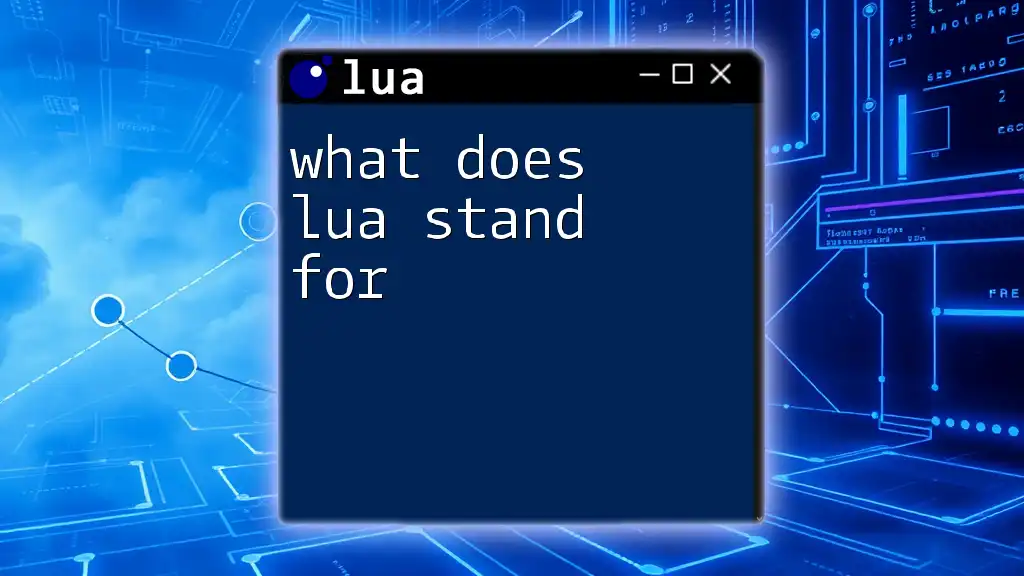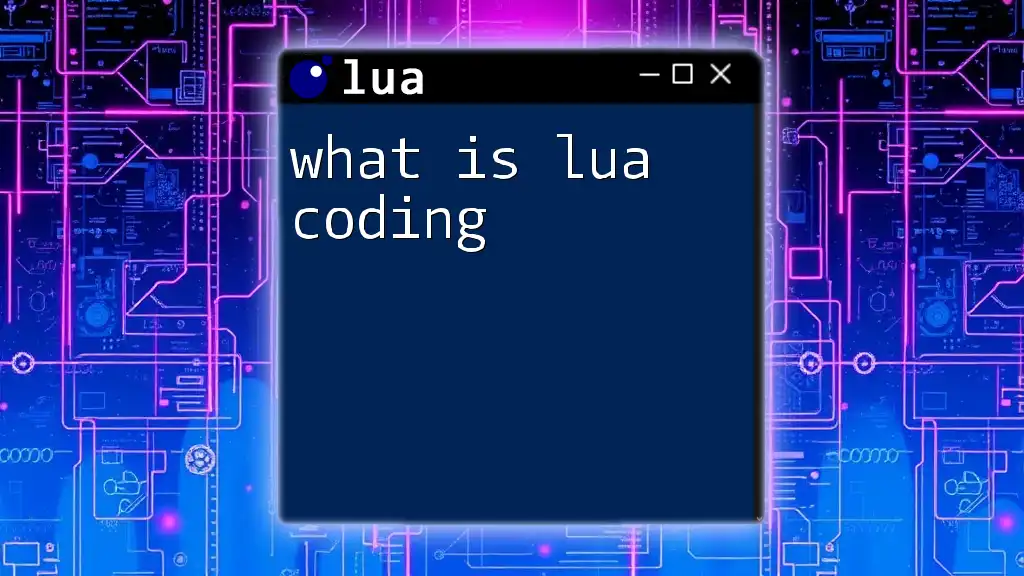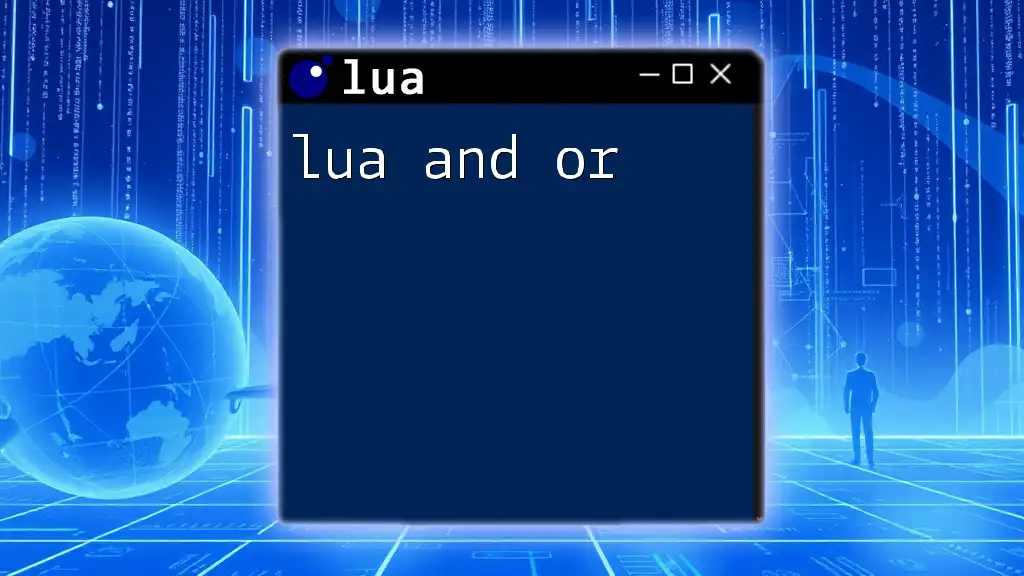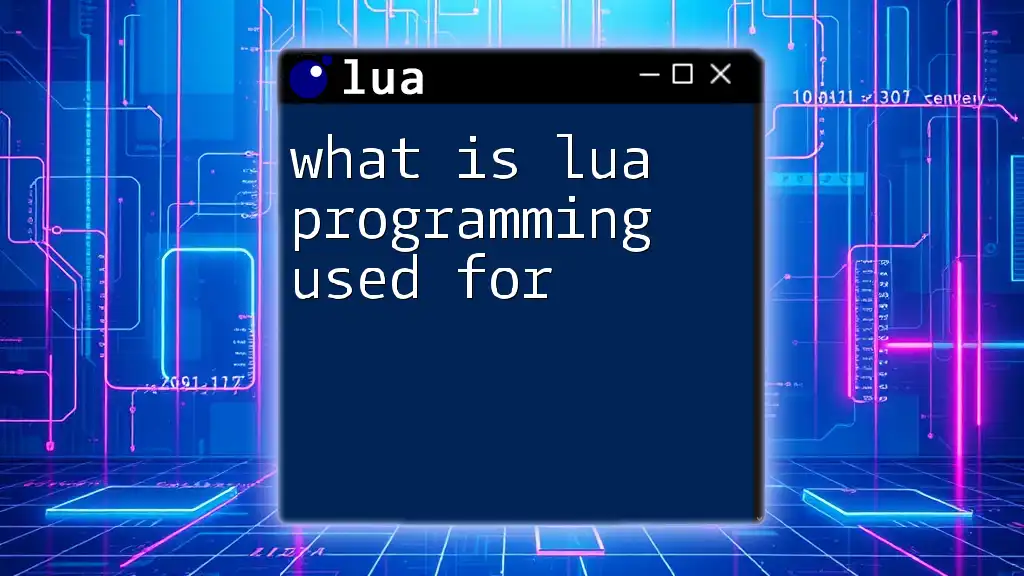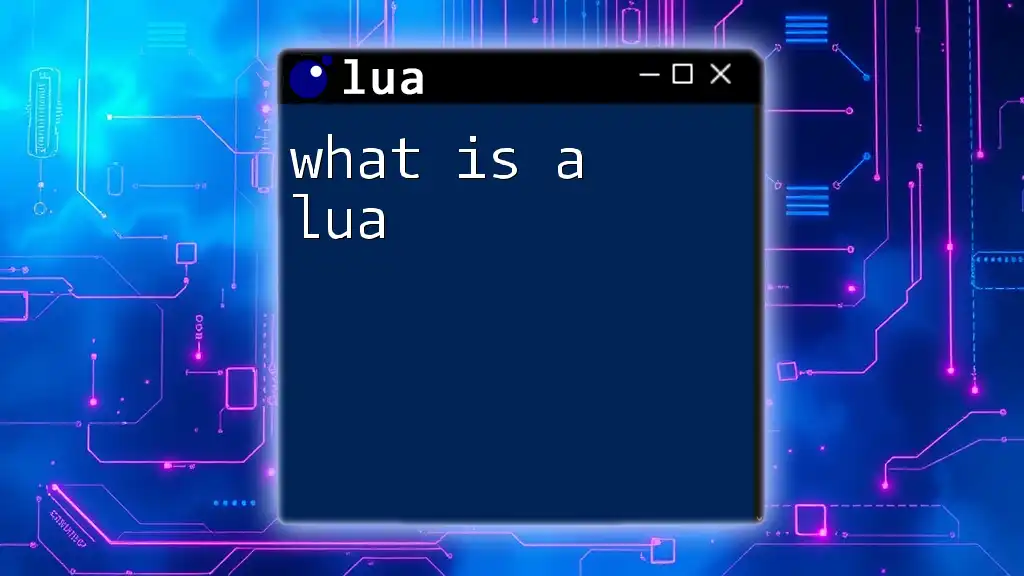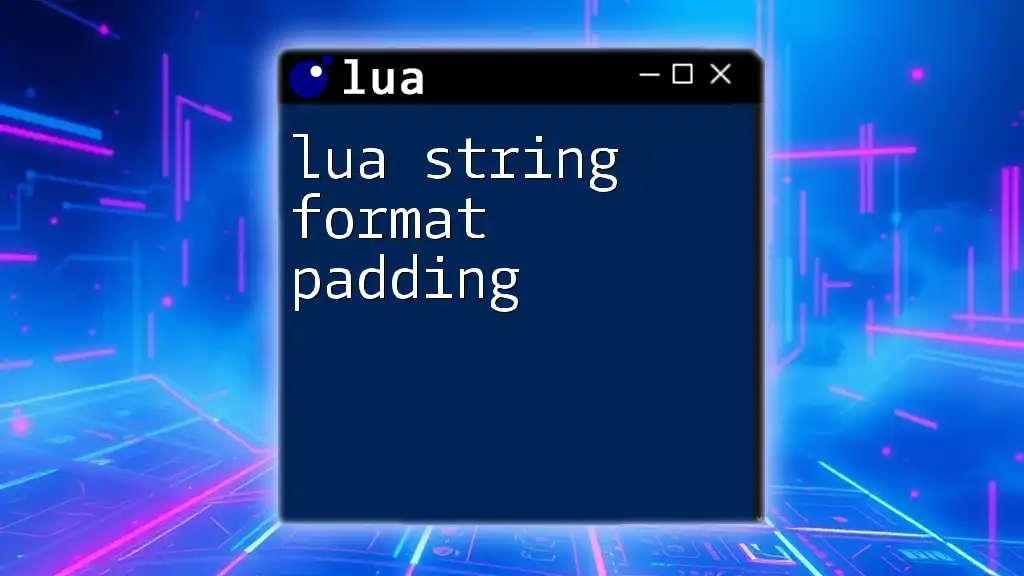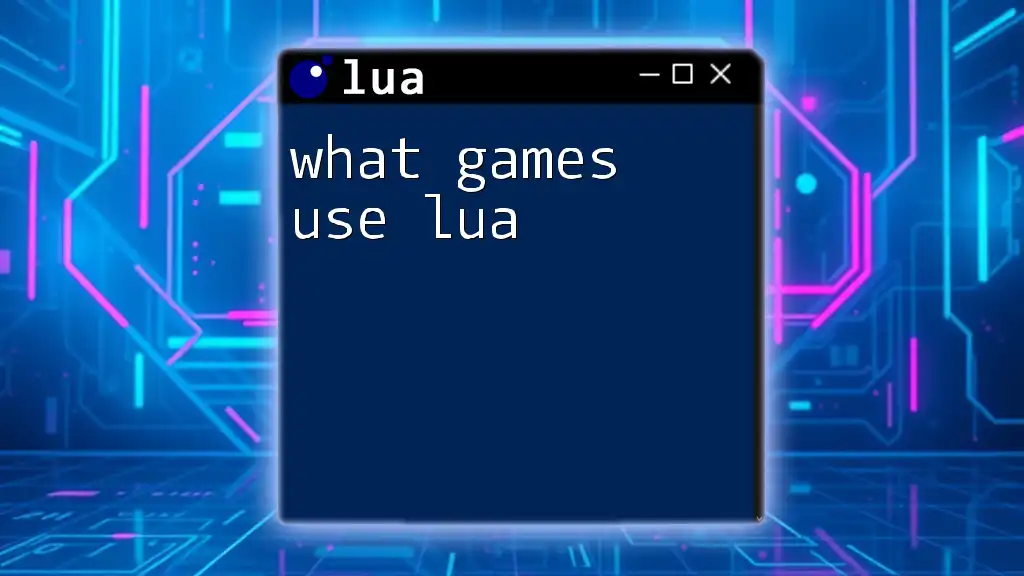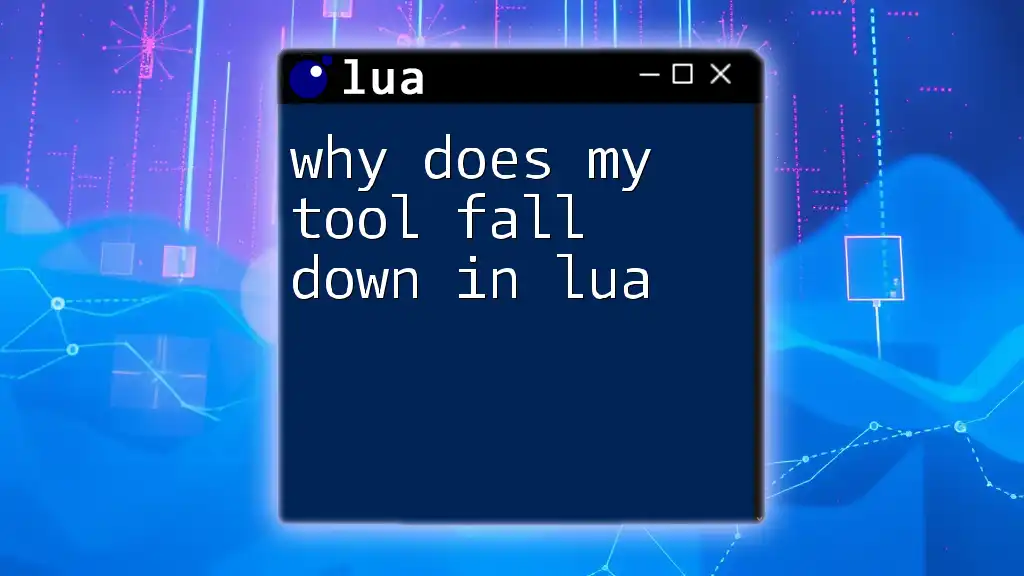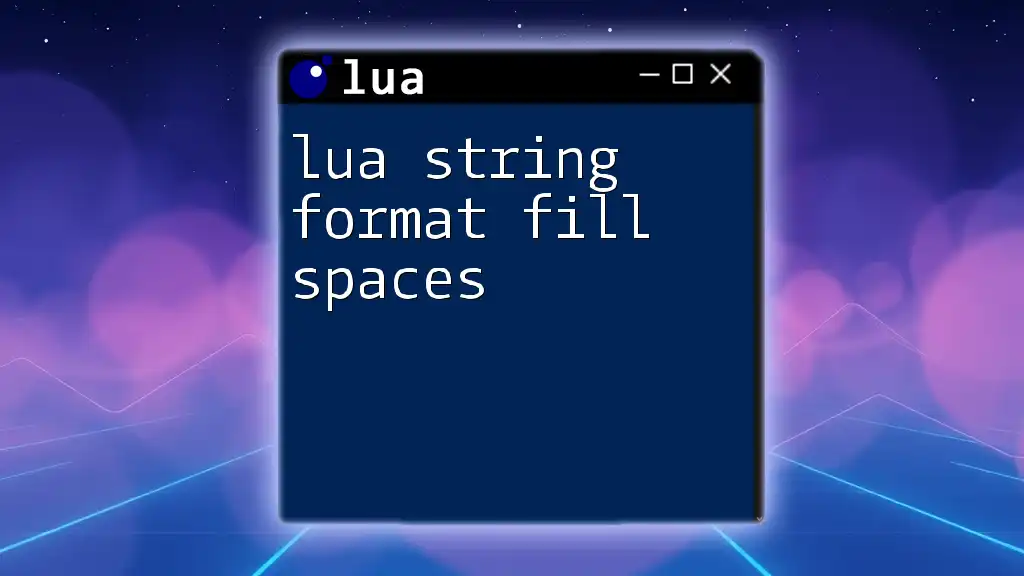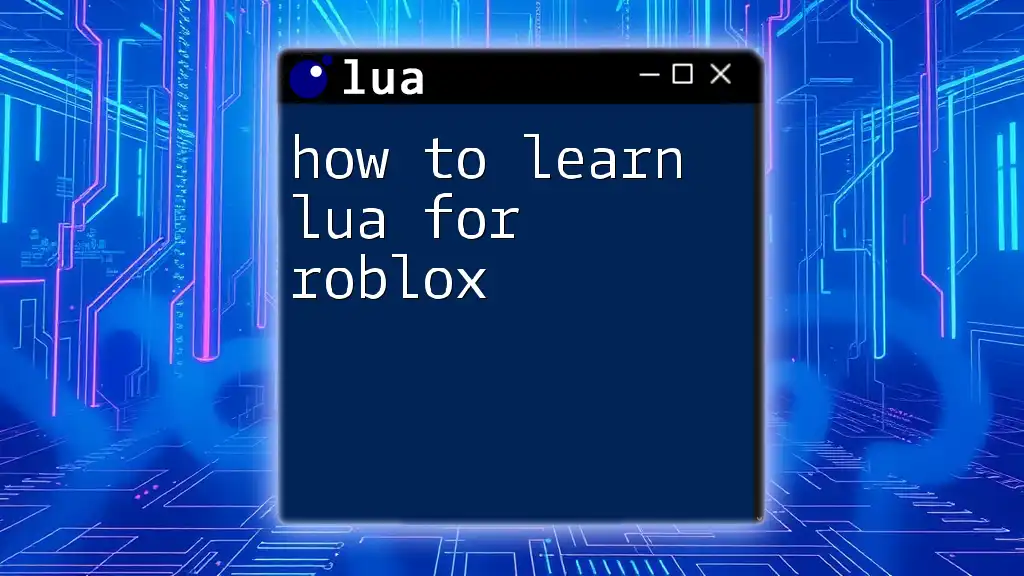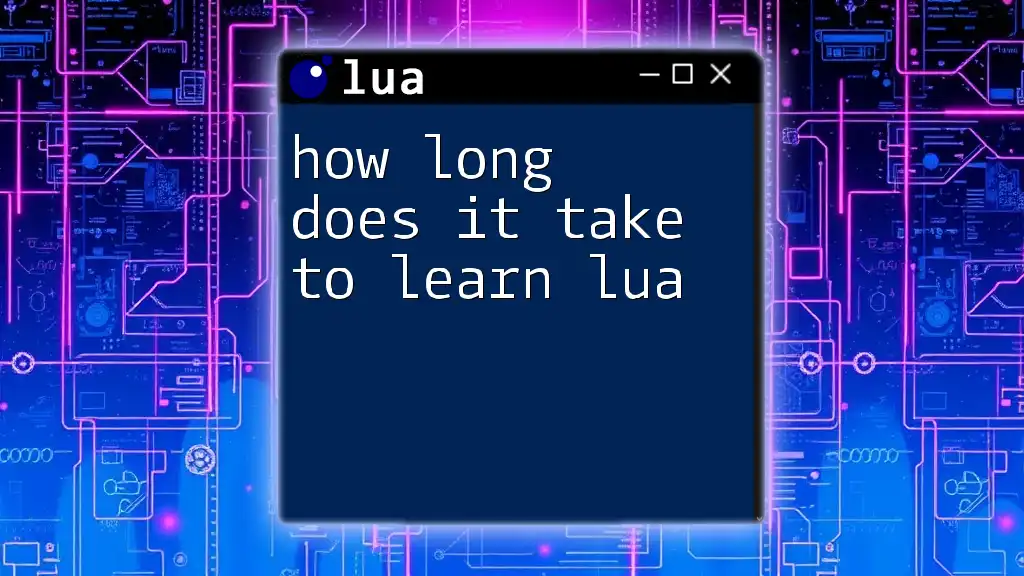Lua stands for "Lua" which means "moon" in Portuguese, and it's a lightweight, high-level programming language designed for embedded systems and game development.
Here’s a simple code snippet demonstrating a basic Lua function:
function greet(name)
print("Hello, " .. name .. "!")
end
greet("World")
The Origin of the Name "Lua"
The Meaning Behind "Lua"
The term Lua stands for "moon" in Portuguese. This nomenclature symbolizes the brightness and clarity associated with the moon, paralleling the language’s goal: to provide a straightforward, illuminating path for developers. The founders envisioned Lua not just as a programming language but as a guiding light in the world of scripting.
Historical Context
Lua was developed in 1993 at the Pontifical Catholic University of Rio de Janeiro, Brazil, by a trio of computer scientists: Roberto Ierusalimschy, Luiz Henrique de Figueiredo, and Waldemar Celes. The initial motivation for creating Lua stemmed from a pressing need for a lightweight, flexible scripting solution to enhance data processing applications. The focus on simplicity and performance has made Lua particularly appealing in various fields, especially game development.
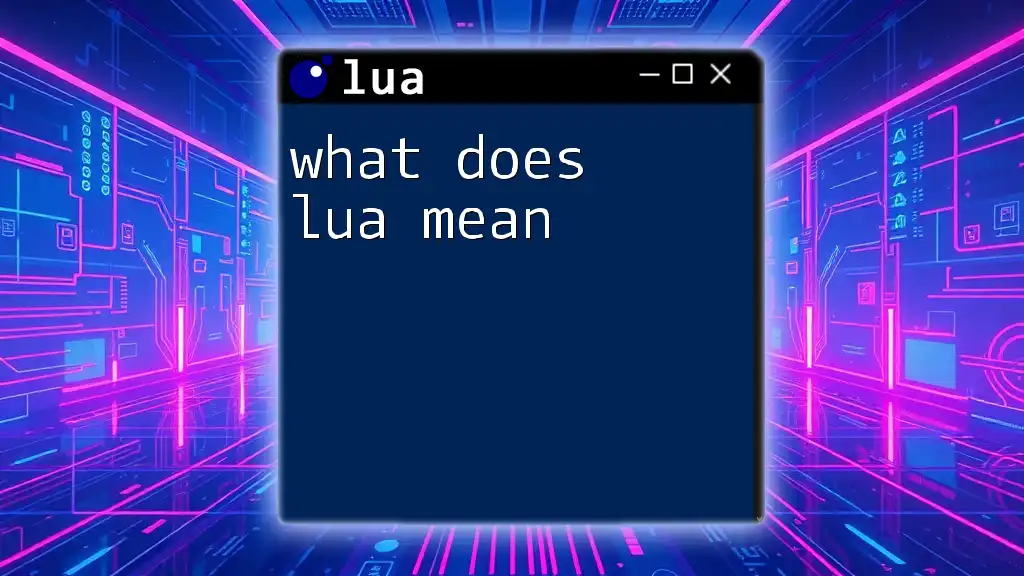
Key Features of Lua
Simplicity and Efficiency
One of Lua’s hallmark features is its simplicity. The language's syntax is designed to be intuitive, making it accessible for both beginners and seasoned programmers. For instance, a basic Lua script that outputs text to the console can be written with just one line:
print("Hello, World!")
This straightforward command serves as an excellent introduction to Lua’s ease of use. The language conceals its complexity, allowing developers to focus on solving problems rather than wrestling with intricate syntax.
Embeddable and Extensible
Another remarkable attribute of Lua is its capability to be embedded within other applications. This feature makes Lua a popular scripting option for many software programs, especially in the gaming industry and various applications.
For example, a typical script that spawns an enemy in a game might look like this:
function spawnEnemy()
print("Enemy spawned!")
end
This script highlights how Lua can enhance the interactivity and dynamics of a game without requiring the entire application to be rewritten. Developers can actively incorporate Lua code to modify behavior or add new features seamlessly.
Versatility Across Platforms
Lua prides itself on being a multi-platform language, capable of running on different operating systems, including Windows, macOS, and Linux, as well as mobile platforms like Android and iOS. This versatility makes Lua an attractive choice for developers aiming to reach a broader audience without rewriting code for different environments.
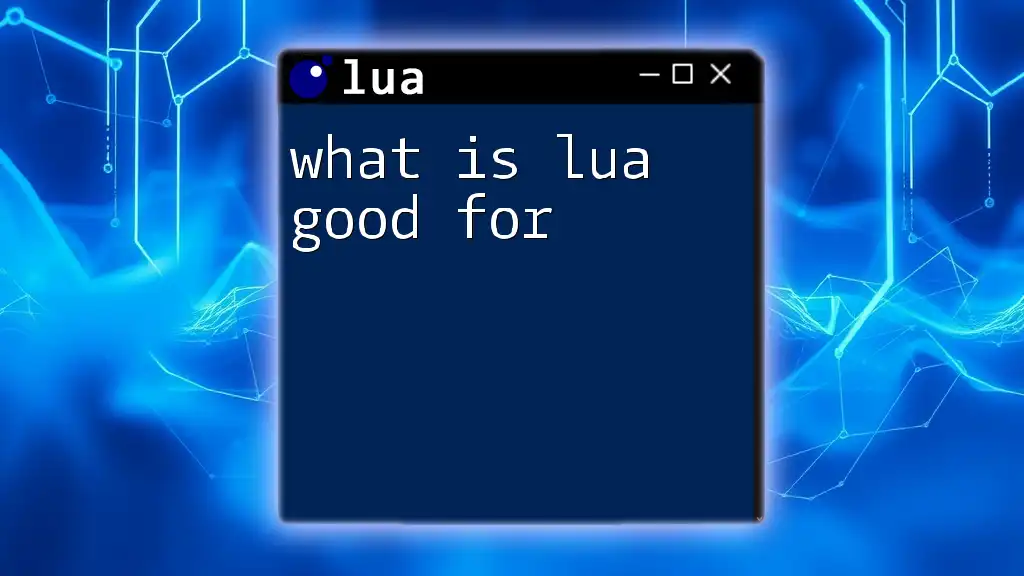
Common Uses of Lua
Game Development
Lua has a prominent place in game development, where it is utilized as a scripting language in various game engines. Popular platforms such as Corona SDK and Love2D rely heavily on Lua for creating interactive game features and mechanics.
For instance, a simple Lua function to handle a player's jump might look like this:
function onPlayerJump()
player.y = player.y + 10
end
This snippet demonstrates how concise and efficient Lua can be, allowing developers to implement game mechanics intuitively.
Web Development
Lua isn’t limited to gaming; it also has utility in web development. Various web frameworks, such as Lapis and Sailor, are built on Lua and provide powerful tools for creating robust web applications.
A straightforward example of making an HTTP GET request in Lua might be:
http.request("GET", "http://example.com")
This simplicity in writing web-enabled code illustrates how Lua can facilitate tasks that would require more verbose syntax in other languages.
Embedded Systems
Lua excels in embedded systems, where low memory usage and efficiency are critical. Lua's small footprint and high performance make it particularly well-suited for Internet of Things (IoT) devices. It is frequently used in scenarios where resources are limited, allowing developers to create responsive, lightweight applications without compromising on functionality.
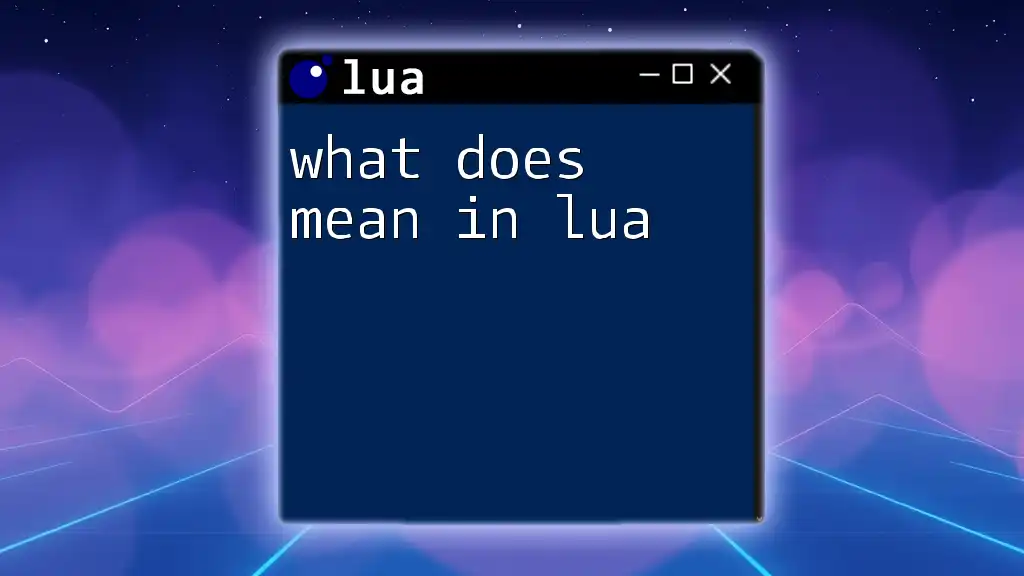
Community and Resources
Lua Community
The Lua community is vibrant and supportive, encouraging collaboration and knowledge sharing. From official forums and mailing lists to various social media encampments, developers of all skill levels actively contribute to the language's growth and community spirit. This collective knowledge pool can be instrumental in learning and troubleshooting, making it easier for newcomers to adopt Lua comfortably.
Learning Resources
Many resources are available for those seeking to learn Lua, including:
- Books: Titles like "Programming in Lua" provide in-depth knowledge on the language’s principles and advanced features.
- Online Courses: Various platforms offer courses that range from beginner to advanced levels, customizing the learning journey based on individual needs.
- Tutorials: Free resources and tutorials abound across the internet, making it easy to find practical examples and exercises.
Engaging with these resources can help readers deepen their understanding of Lua and empower them to apply their newfound knowledge in real-world scenarios.
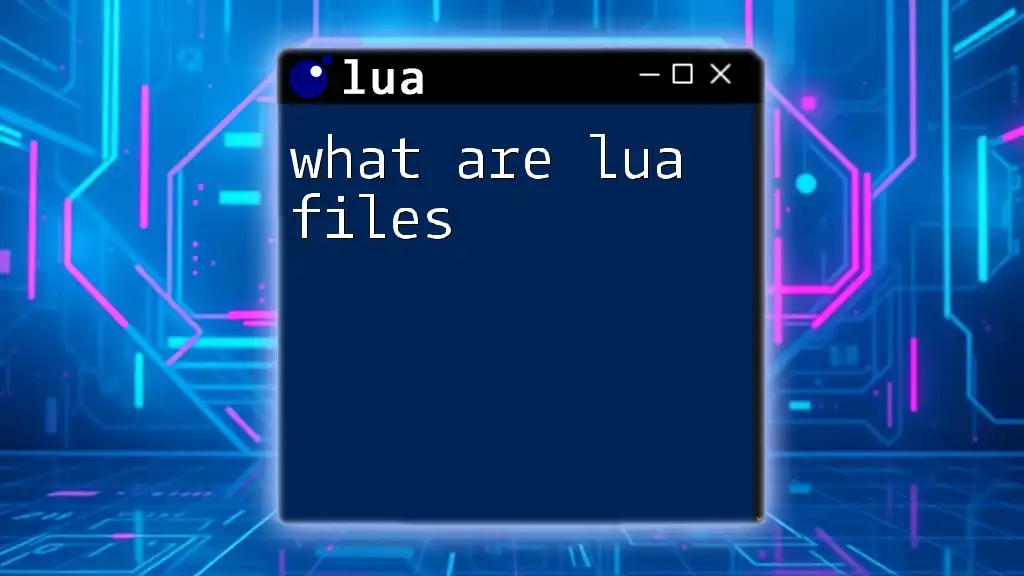
Conclusion
In summary, understanding what Lua stands for goes beyond its simple translation of "moon"; it reflects a language steeped in pragmatism and elegance. Lua's simplicity, versatility, embeddability, and strong community support position it as a powerful tool for developers in various domains. As readers embark on their journey into Lua, they are encouraged to explore, create, and share their experiences, fostering a community of innovation and learning.

